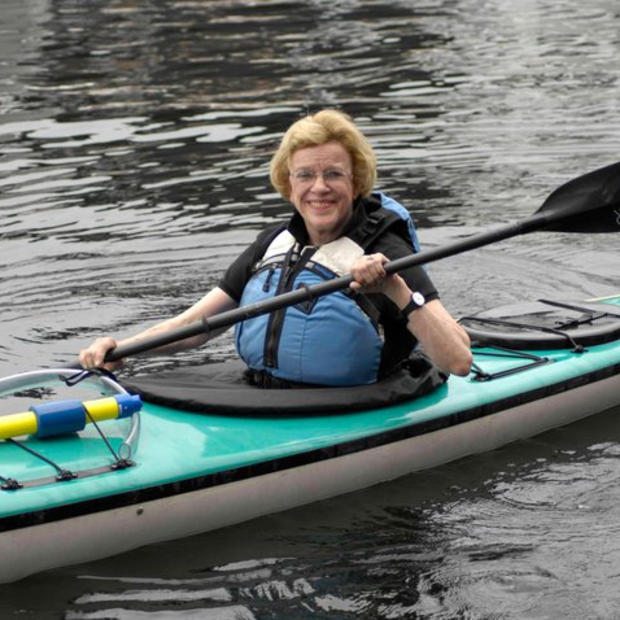Come January 1, there may or may not be a new mayor in the offices on the Seventh Floor of City Hall. New or old, our elected leader will face important challenges and have once-in-a-lifetime opportunities.
How will our mayor deal with the execution of the deep-bore tunnel and any problems that arise? What will his style of communication be? How will he deal with the continuing saga of a potential basketball arena? Will he keep department heads? What of bike paths? Microhousing? And land-use decisions based on living wages?
1. Create a Deputy for Design and Planning. A recent piece in the New York Times, authored by Michael Kimmelman, encourages the next mayor to appoint a Deputy for Design and Planning. He notes that, to shape communities, New York City has typically relied on the “blunt instrument” of zoning — a tactic that has left the city with development “atrocities.” A deputy in the mayor’s office, Kimmelman argued, could “coordinate parks, schools, transportation, landmarks, buildings and small business development” — currently all controlled by agencies that have failed to work together. This silo-like approach to development – something that also happens here – should be avoided if we want a better city.
2. More neighborhood focus. Another imperative for either Murray or McGinn should be greater deference to Seattle’s unique neighborhoods. These distinct neighborhoods are what separates Seattle from more homogeneous towns like Portland. Seattle neighborhoods, known for their individual character and diversity, had more influence (for the better) in past years than they do today. It’s time to correct that imbalance.
3. A tighter gender wage gap. Also on the to-do list for a better city is continuing work to close the gender wage gap. Although city government does not have as cavernous a gap as the metropolis as a whole, it still pays male employees 10 percent more than female workers on average. And it’s downright shameful to discover that this city has no parental leave – none.
4. The right police chief. Certainly one of the most telling firsts for the next administration will be the selection of a new police chief. Safe streets and a well-led professional force, backed with support from diverse communities, are sine qua non to a better city. Street disorder and nuisance behavior can and should be targeted if we’re to have a better city. At the same time, we must make humane provision for the homeless, giving them places for hygiene and access to services.
5. Better transportation. Transportation – how we get around – is a top-level concern. Creating a smooth, integrated system of transit will be no small task, given fractured responsibilities. Seattle must work with Metro, Sound Transit, the state Department of Transportation and with King County’s suburban cities to coordinate transportation services. Keeping the mayor’s office and the City Council on the same track will be essential. Road and bridge repairs, bike trails and sidewalk expansion, preserving what we have and adding safety measures are no-brainers.
6. Parks and libraries. Parks and libraries are the amenities that make a city more than an address and must be priorities in building a better city. Without the comfort of green outdoor spaces, without ready access to the world of literature and wisdom, the city cannot count itself a metropolis. Seattle has done well in developing a fine network of libraries; done a yeoman’s job in trying to keep its wreath of parks open and vital despite tough times. But there is no resting on laurels. More must be done to enhance and reimagine possibilities.
7. Affordable housing and good design. As the Seattle Housing Authority prepares to redevelop Yesler Terrace into a model community of low-income and market-rate housing, we must encourage innovative green design and healthy lifestyles both hallmarks of a better city. As with Yesler, we need to work towards “smart growth” practices that use land resources efficiently while preserving affordability.
In his piece on the next mayor of New York City, Kimmelman said that the city had benefitted from Bloomberg, a mayor who “spoke Wall Street;” but, in the aftermath, “could now use a bard.” On this coast, with our explosive growth and booming economy, we too will have need of a visionary to lead us, someone in tune with what makes this city hum. We need neighborhoods that call out to young entrepreneurs, workers, artists and dreamers. We need to explore all we can be, a vital city, a better city, for all of us.



